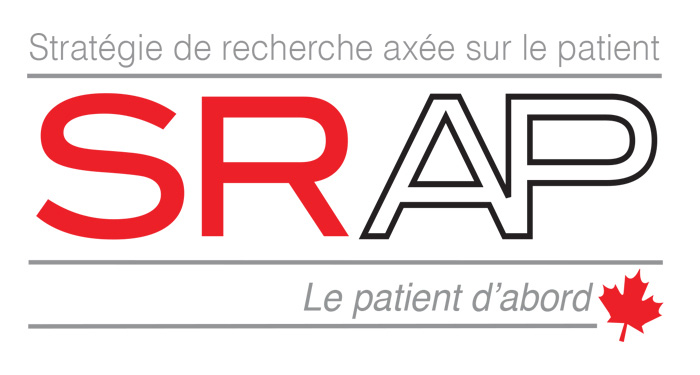In an era where data is the new gold, the importance of protecting Indigenous data sovereignty has never been more critical. Join Marlyn Bennett, an Anishinaabe interdisciplinary researcher and Co-Lead of CHILD-BRIGHT’s Equity, Diversity, Inclusion, Indigenization and Decolonization (EDI-DI) Program on November 14 at 1 p.m. ET/10 a.m. PT as she delves into the profound significance of safeguarding Indigenous knowledge and data in health research.
This talk will explore the historical and cultural contexts that underscore the need for Indigenous control over data, the challenges faced in the fight for sovereignty, and the ways in which Indigenous communities are reclaiming their narratives through data governance.
Marlyn Bennett will share insights into the ethical considerations, best practices, and collaborative efforts essential for protecting sacred Indigenous knowledge. Attendees will gain a deeper understanding of the pivotal role that data sovereignty plays in empowering Indigenous communities, preserving cultural heritage, and ensuring that data is used in ways that respect Indigenous values and traditions.
This talk is a call to action for researchers, policymakers, and community members to support and advocate for Indigenous data sovereignty, recognizing it as a vital component of Indigenous rights and self-determination.






